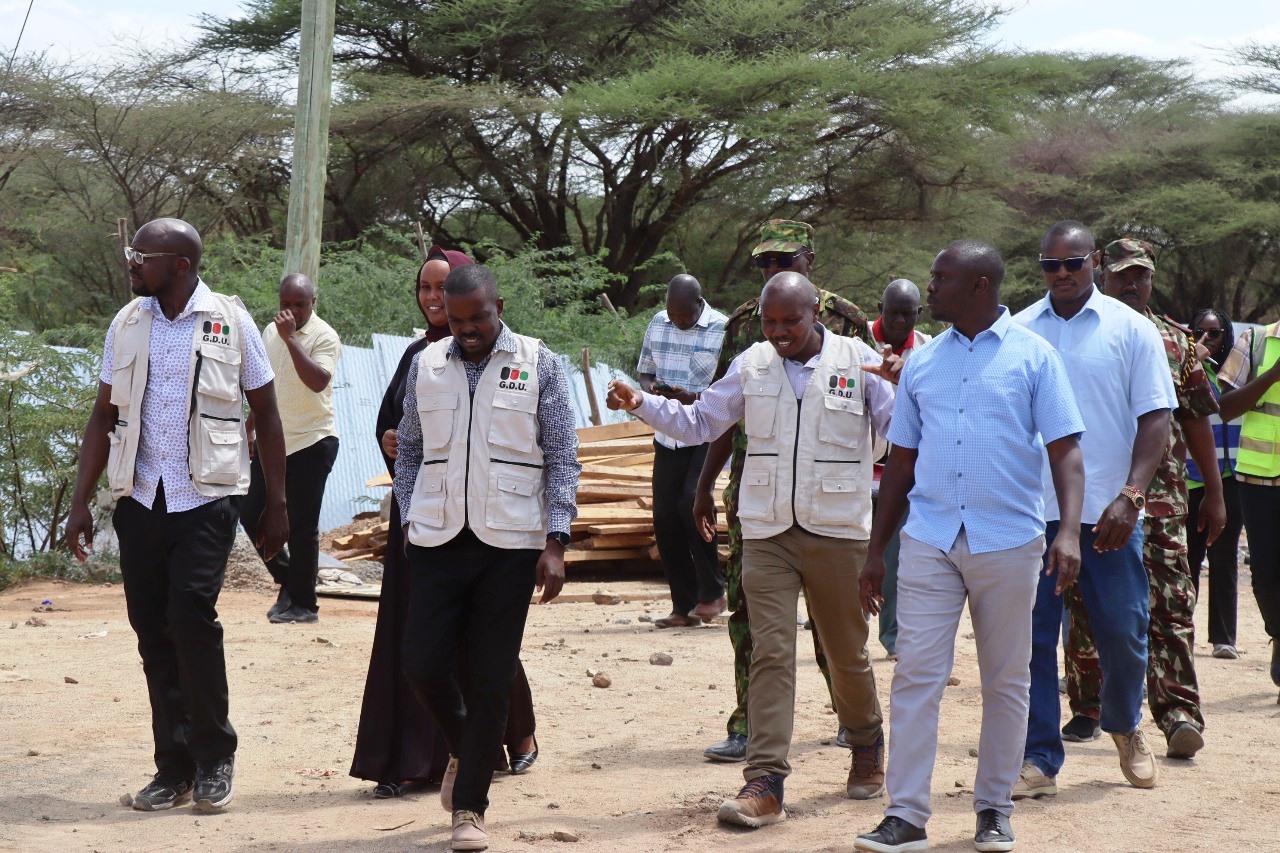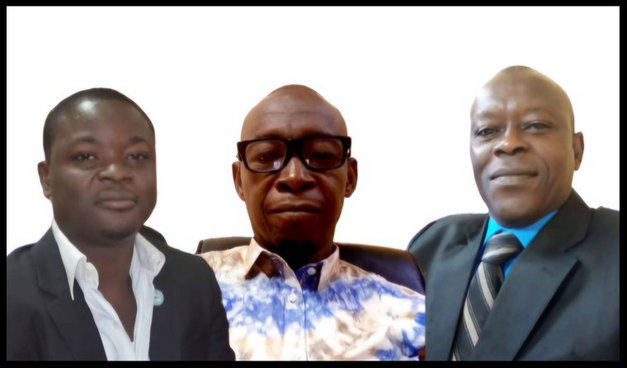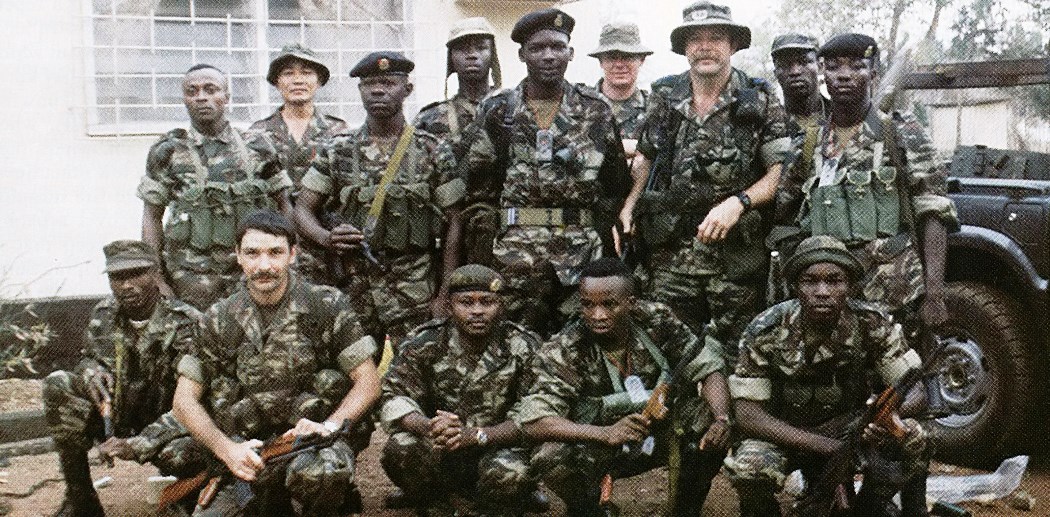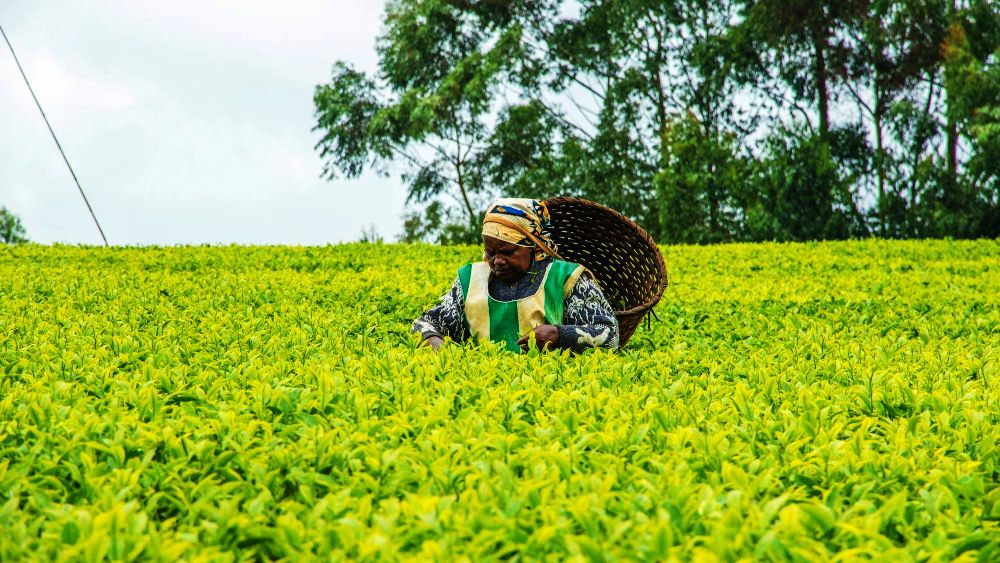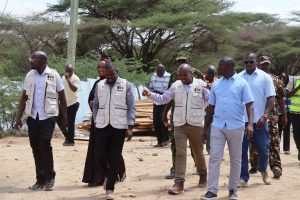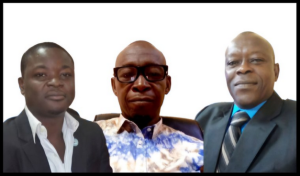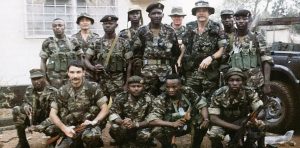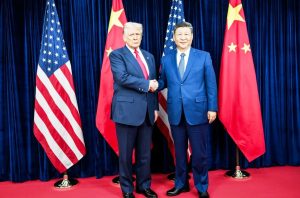ODM leader Raila Odinga flanked by other party officials signs the MOU between ODM and UDA. PHOTO/UGC.
The tragic deathof Albert Ojwang, a teacher and social media influencer, under circumstances that suggest foul play, has sparked outrage not only in Kenya but internationally.
Arrested over social media posts that allegedly targeted Deputy Inspector General Eliud Lagat, Ojwang was transported over 350 kilometres from Homa Bay to Nairobi’s Central Police Station, where he was held in custody.
A day later, he was found dead, his body bearing signs of blunt force trauma. While the authorities claim he sustained head injuries from a suicide attempt, questions abound as to whether the narrative being presented is credible.
This mysterious death cannot and should not be swept under the rug, and it demands thorough, independent investigations—investigations that go beyond the surface-level assurances being offered.
The circumstances surrounding Ojwang’s arrest are deeply troubling. Why was he taken so far from his place of arrest in Homa Bay, when the charges against him were local in nature?
Why transport him to the capital, where the risk of interference and cover-up is heightened? Was this a deliberate move to put more distance between the crime scene and the likely perpetrators?

Deputy IG Eliud Lagat who triggered Albert Ojwang’s arrest. PHOTO/UGC.
These are just the first of many unsettling questions that need to be addressed in the coming days. It is imperative to understand that this was not just a case of a teacher expressing his opinion, it was a deliberate act that left a man dead in mysterious circumstances.
His death cannot be treated as an isolated incident; it is indicative of a larger, more concerning trend in Kenya’s approach to governance and human rights.
The agreement signed between ODM leader Raila Odinga and President William Ruto in March 2025, outlining a 10-point Memorandum of Understanding (MOU), raised hopes for a possible turnaround in the country’s troubled political arena.
One of the key promises was an immediate end to abductions, extra-judicial killings, and the forced disappearance of government critics. The MOU also highlighted the importance of protecting the right to peaceful assembly and providing amnesty for individuals facing charges related to their participation in protests.
In light of Ojwang’s death, however, one cannot help but question the commitment of both political leaders to these promises. While the document may have been hailed as a step towards reconciling a divided nation, its implementation appears woefully inadequate.

Albert Ojwang, was a teacher and social media influencer. PHOTO/UGC.
If this agreement truly represented a genuine shift towards upholding human rights, then why does the Kenya Police continue to operate with impunity, disregarding both national and international law? Why are critics of the government still disappearing, only to be found dead in police custody under dubious circumstances?
The government’s actions contradict the promises made, making one wonder if the MOU was merely a political tool to secure temporary peace, rather than a serious commitment to reform.
The most damning question surrounding the death of Ojwang concerns the role of the Kenya Police. Once seen as the guardians of the law, the police force in Kenya has increasingly morphed into an instrument of political violence.
This degeneration can be traced back to the aftermath of the Gen Z riots of 2024, a period marked by violent crackdowns on protesters.
The forced disappearances, abductions, and extra-judicial killings that followed those demonstrations seem to have emboldened the police, pushing them further into the territory of state-sponsored violence.
During those dark days, government critics were abducted, tortured, and killed with little to no accountability. It was as if a tacit agreement existed between the authorities and rogue police units to target anyone who dared oppose the government.
This culture of impunity continues to haunt the police force today, evident in the circumstances surrounding Ojwang’s arrest and death.
The fact that Ojwang was arrested for what amounts to a cybercrime; posting criticisms of a senior police official, suggests that his arrest was politically motivated. The brutal handling of his case is an indication of how far the Kenya Police have fallen from their original purpose.

Raila Odinga speaking after the signing of the MOU between ODM and UDA. PHOTO/UGC
One particularly disturbing aspect of the Kenya Police’s transformation into a violent force is the alleged emergence of special police squads that operate outside the official command structure.
These shadowy units, who reportedly receive orders from outside the police service, appear to have a free hand when it comes to dealing with government critics and dissenters.
These squads are said to act with impunity, beyond the oversight of the Inspector General and independent bodies like the Independent Policing Oversight Authority (IPOA).
This “untouchable” nature of these units poses a grave threat to the rule of law in Kenya. They are not subject to the normal checks and balances that govern the police force, and as a result, they are free to carry out extrajudicial killings, torture, and other human rights violations without fear of repercussion.
It is no coincidence that Ojwang, a critic of a senior government official, died under the custody of a police force with a reputation for ruthlessness.
The presence of IPOA chairman Ahmed Issack Hassan at a press conference held by Inspector General Douglas Kanja over Ojwang’s death raises more questions than answers. IPOA is tasked with investigating cases of police misconduct, and one wonders why Hassan participated in a press briefing by the IG.
IPOA must not only investigate the death of Ojwang but also hold those responsible to account. The fact that IPOA chairman attended a press conference by the IG on a matter they are supposed to investigate adds fuel to the fire of suspicion surrounding this case.
The international community has weighed in on this case, with Human Rights Watch, Amnesty International, and the International Commission of Jurists Kenya demanding thorough, independent investigations.
These organisations have long highlighted the human rights violations that occur within Kenya’s police force. In their eyes, the death of Ojwang is another tragic example of how Kenya’s police force operates outside the boundaries of the law.

President William Ruto and Raila Odinga during the signing of the MOU between ODM and UDA at KICC. PHOTO/UGC
Amnesty International’s Executive Director in Kenya, Houghton Irungu, has rightfully called the situation “suspicious,” demanding that the investigations into Ojwang’s death be swift, transparent, and impartial.
The death of Ojwang is not just a tragedy for his family; it is a wake-up call for the entire nation. The promise of a reformed police force, the commitment to human rights outlined in the MOU, and the assurances from both the government and IPOA ring hollow in the face of these events.
If Kenya is to rebuild its credibility on the international stage and restore public faith in its institutions, there must be a serious reckoning with the police force and the state-sponsored violence that continues to plague the country.
As Kenya grapples with the fallout from this latest scandal, it is clear that the government, under the leadership of both Ruto and Odinga, must re-evaluate the promises made in their MOU.
The time has come for a genuine commitment to human rights, one that holds those in power accountable, and ensures that the deaths of individuals like Ojwang do not become a routine occurrence in a state that purports to be democratic.
The truth of Ojwang’s death must come to light, and those responsible must face the full force of the law. Anything less would be an affront to justice and an endorsement of tyranny.
